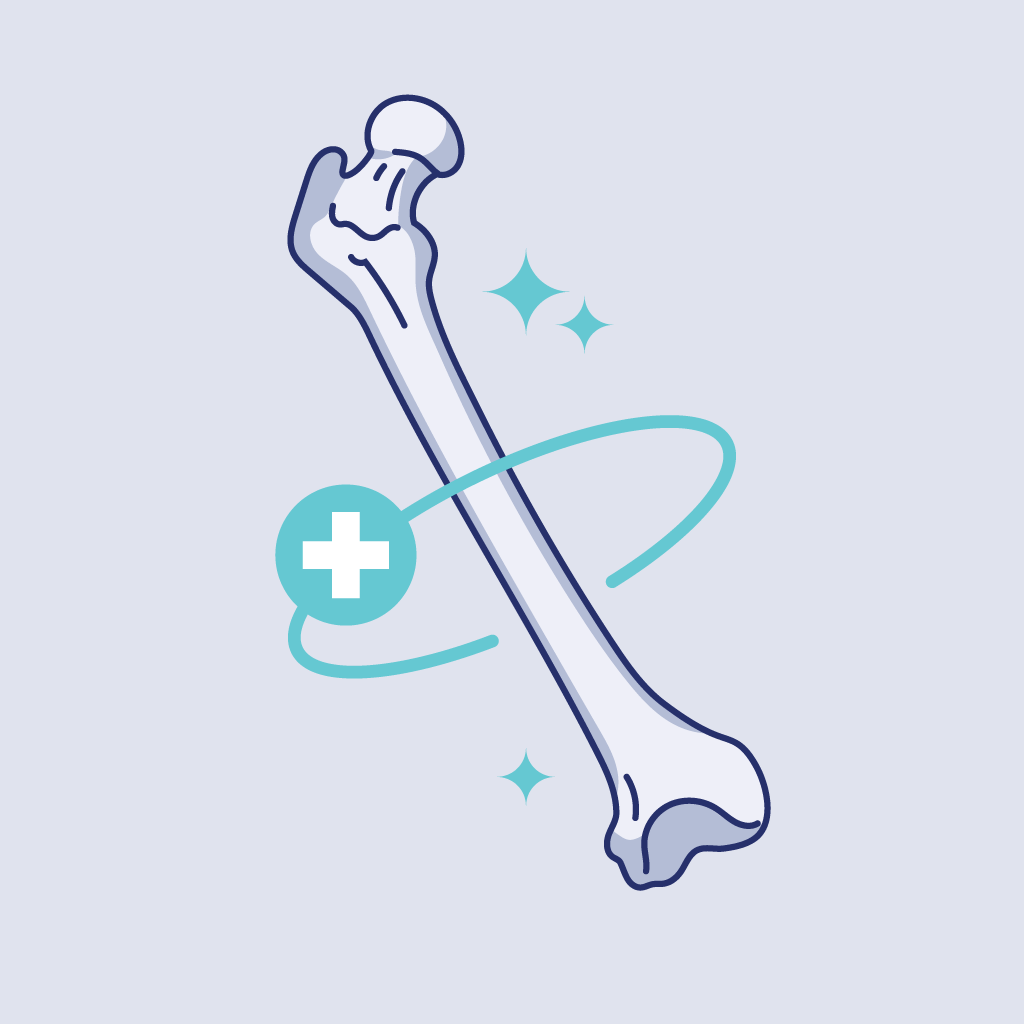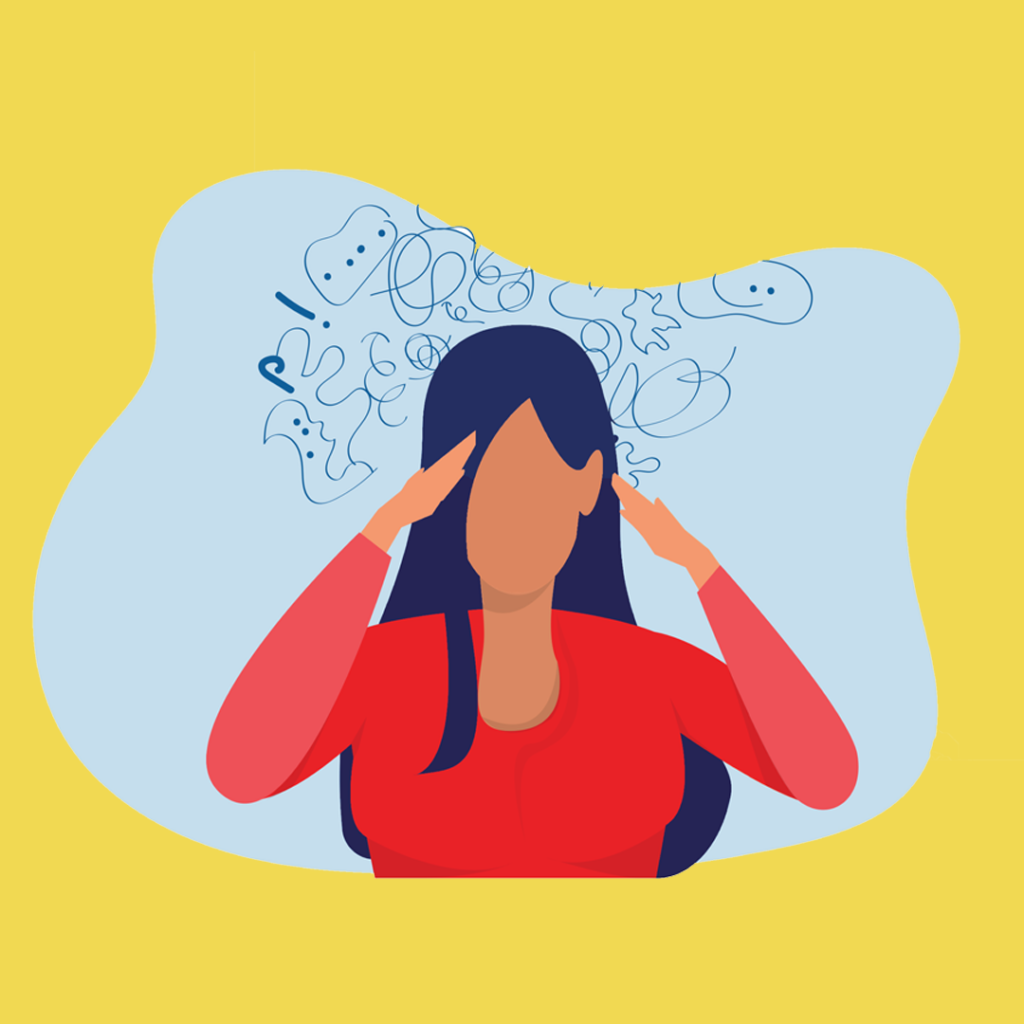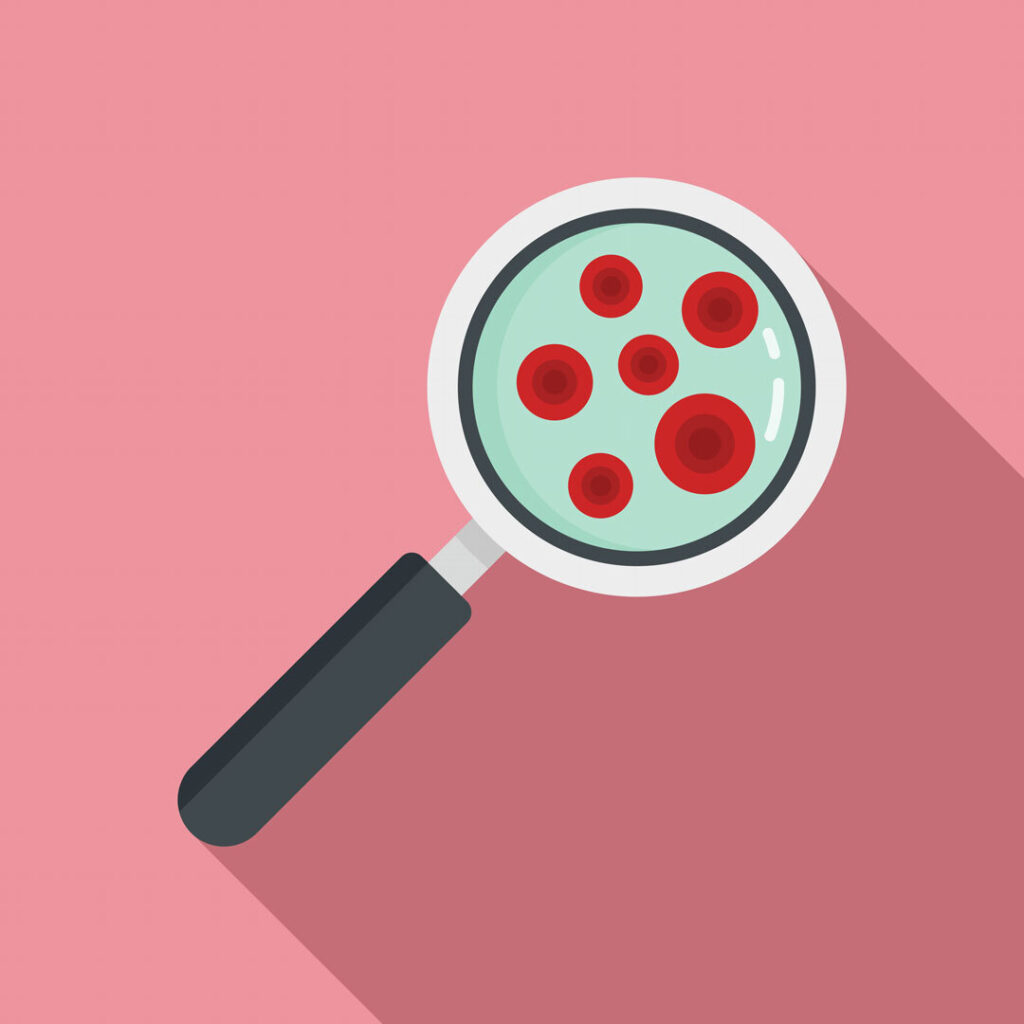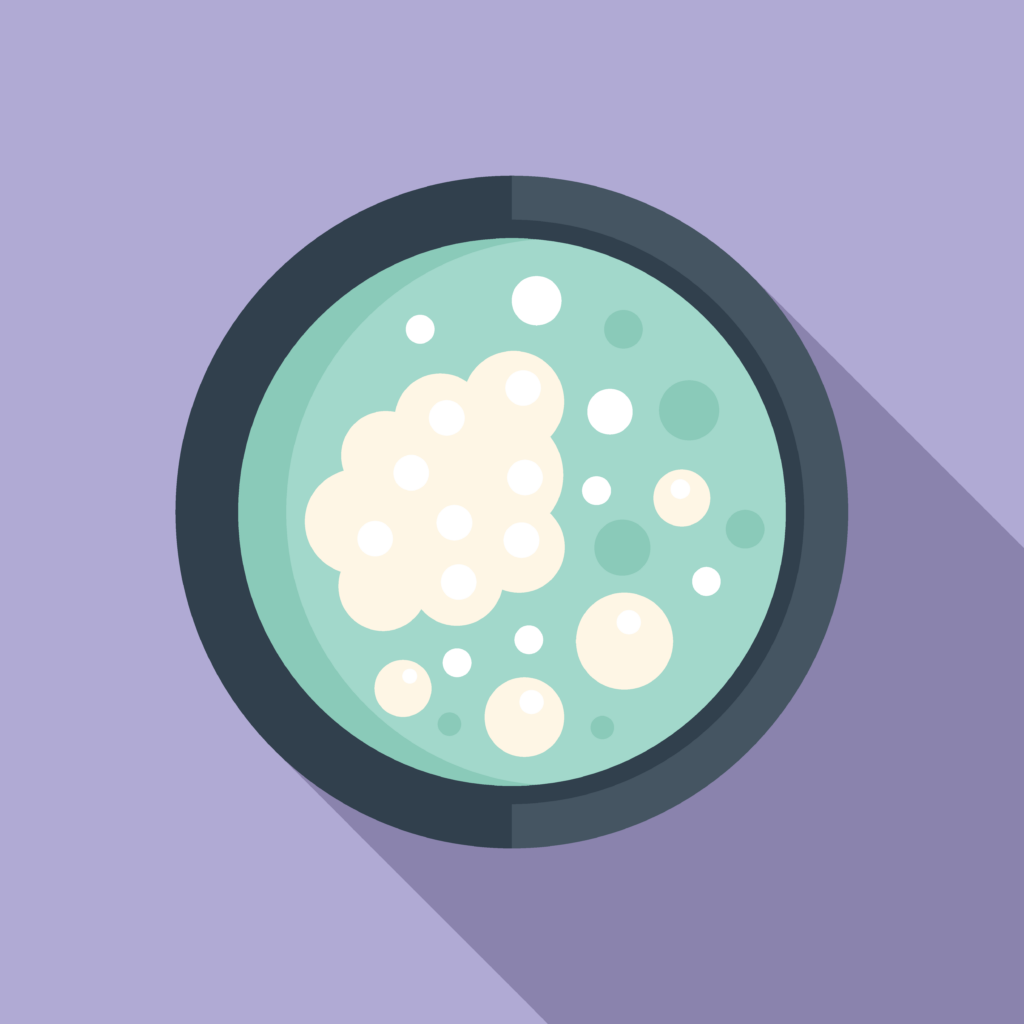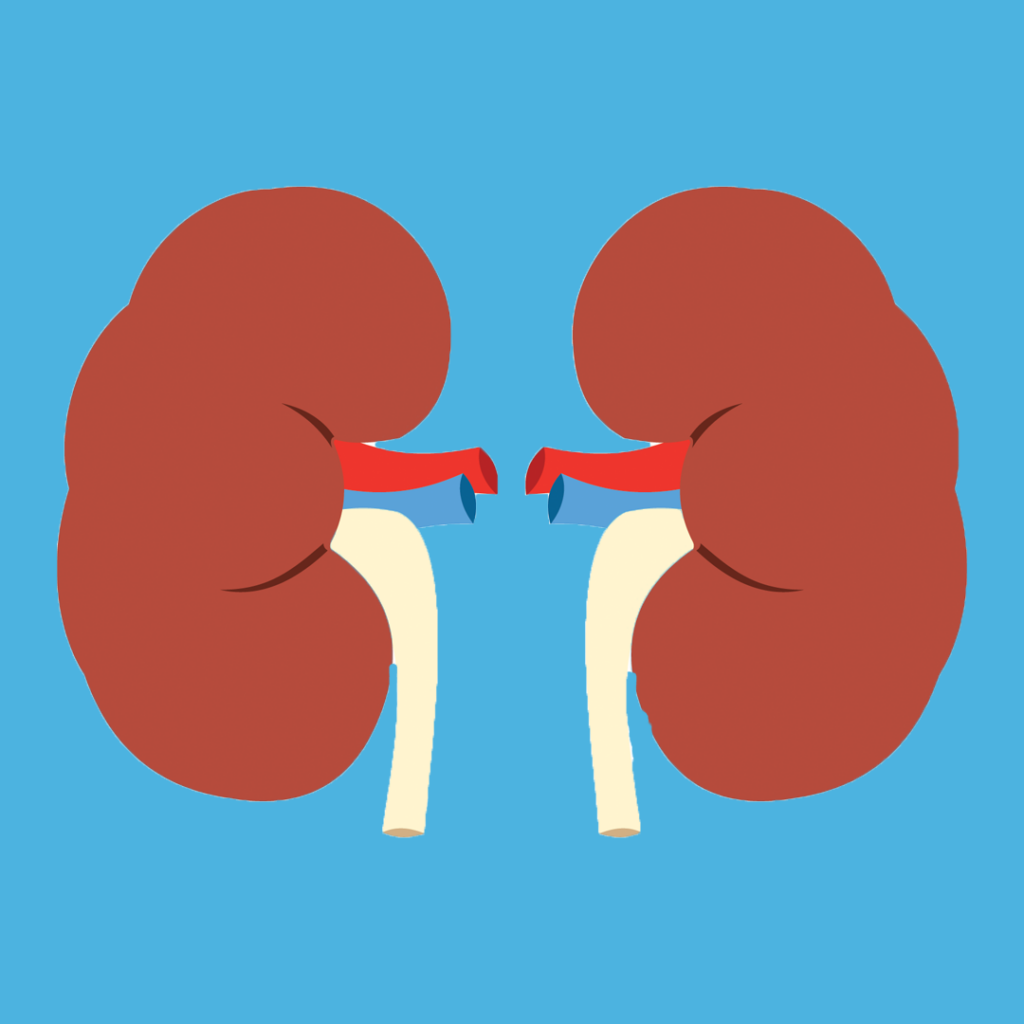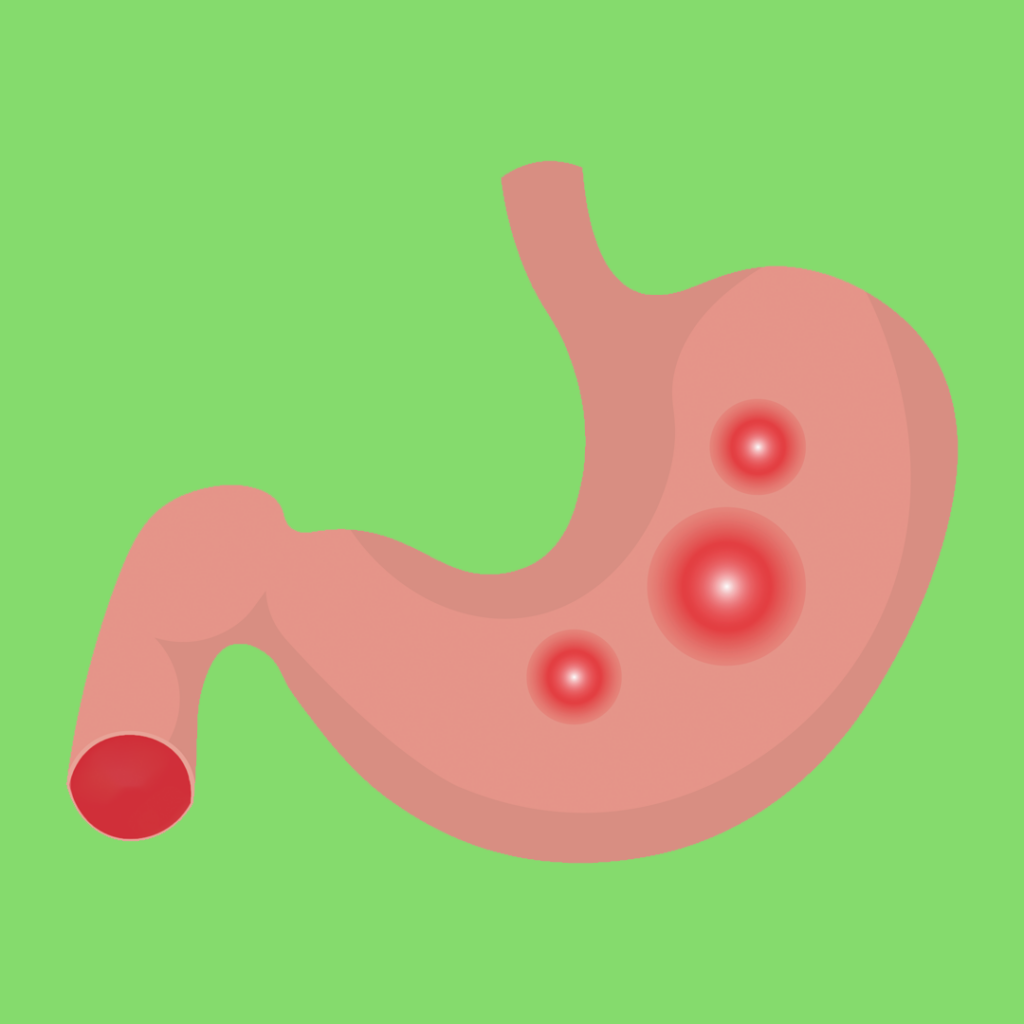Can zinc boost memory and learning abilities?
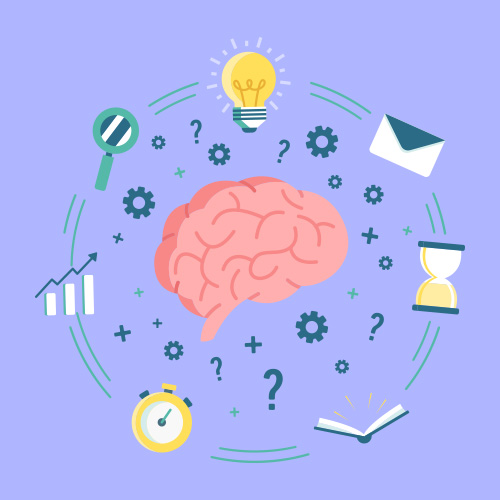
Have you ever stopped to think about all the amazing tasks your brain accomplishes every day? Whether it's studying for a test or learning a new language, day-to-day brain functions are extremely important. However, we often don't give our brain function a second thought until we notice the effects of aging or memory loss.
As we age, it is normal for bodily systems, such as the brain, to decline. However, losing brain functions such as communication ability, planning and coordination are signs of brain conditions that should be monitored. If you suspect you are having memory problems that prevent you from completing daily tasks, it is important to speak with your healthcare practitioner.
Although there are many factors that affect brain function, zinc is a mineral that plays a unique and vital role in maintaining a healthy brain.
How zinc affects brain health
Learning and memory
Having adequate zinc levels is necessary for improving and maintaining your learning ability. Learning new information requires new brain signals to be stored in your memory, and the memories are stored and governed by a complex part of the brain called the hippocampus. Many neurological disorders, such as dementia and Alzheimer's result in deficiencies in this particular brain structure.
Zinc is present in the hippocampus and actively participates in nerve synaptic signalling and cognitive function. It's stored in nerve cells, and gets released during brain activity. When you are learning new material, nerve cells must fire signals and brain activity increases. This means that zinc is needed for solidifying new knowledge in your brain. If you've ever sprouted a random "fun fact" to friends, you can thank zinc for helping you remember it!
Dementia and Alzheimer's
Memory loss is often associated with elderly adults. This has been connected with subclinical zinc deficiency, which is a common side effect of aging. Diseases like dementia and Alzheimer's have shown to be affected by low levels of zinc, leading to memory loss and learning impairment.
Dementia is a general term describing the loss of memory and mental abilities severe enough to affect one's daily life. There are many different types of dementia, but ultimately changes in healthy nerve cells in the brain occur and affect normal communication between regions of the brain. It is normal to lose brain cells as you age, but people with dementia experience a greater loss. They start to lose cognitive functioning abilities such as thinking and remembering - even functions such as problem solving, self-management, focusing, visual perception and language skills can decline.
Alzheimer's is the most common cause of dementia. In this degenerative condition, brain cells die resulting in loss of connection between neurons in the brain and over time, this leads to significant loss of brain volume. This affects not only cognitive skills, but also behavioural and social skills.
Low levels of zinc have been shown to contribute to the development of both Alzheimer's and dementia, and studies have demonstrated zinc-deficient mice as showing memory impairments comparable to those with Alzheimer's. This is due to the fact that a lack of zinc disrupts the normal firing of nerves in the brain. A deficiency in zinc may also activate enzymes that increase oxidative stress and inflammation in the brain. If inflammation is high, communication between neurons slow down, leading to brain fog, or in severe chronic cases, death of brain cells.
The risk for cell death increases with age, and women in particular tend to have a higher risk. This is because the hormone estrogen is responsible for protecting brain cells from toxicity and oxidation, and as women enter menopause, estrogen levels naturally decrease.
Take a preventative approach to supporting brain health
Learn something new
Staying mentally active is just as important as staying physically active. When you stimulate the brain with cognitive tasks, new connections between brain cells are formed. Neurological plasticity is developed, which serves to protect the brain from future cell loss. There are plenty of fun ways to stimulate the brain - crosswords, reading, puzzles, playing an instrument, learning a new language and beyond!
A brain-healthy diet
When it comes to nutrition, one of the reasons older adults tend to be zinc deficient is low dietary zinc intake. A diet rich in zinc is necessary to keep your brain healthy. If you suffer from zinc deficiency, consider adding foods like grass-fed meat, eggs, cashew, sesame seeds and pumpkin seeds to your diet. Along with foods that contain omega-3s (like fish), these nutrients will support various brain functions as you age.
For those unable to meet zinc requirements through the diet, zinc supplements are a great option. Zinc supplementation has been shown to restore zinc levels in the elderly, and is helpful to reduce markers of inflammation. Supplements can also be an excellent option for those who do not frequently consume animal products, or those who have digestion issues that prevent them from absorbing zinc properly.
Zinc Bis-Glycinate 25 is suitable for everyday use because it is gentle and absorbed easily. In addition to improving cognitive health, this zinc supplement will also support immunity, vision and wound healing!

